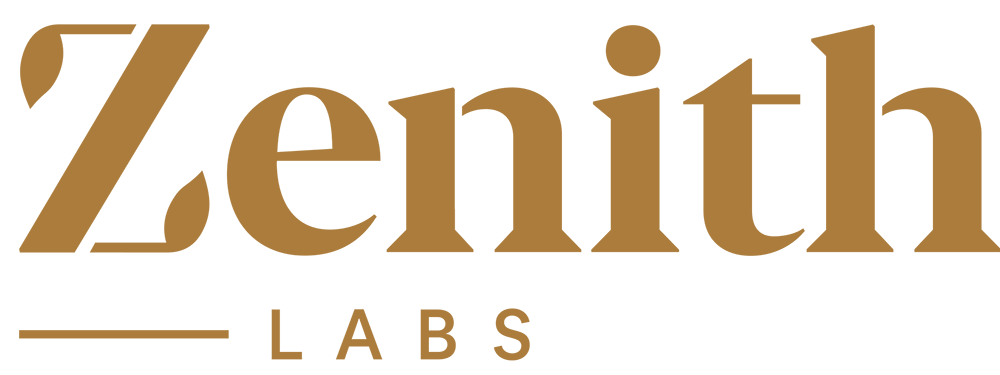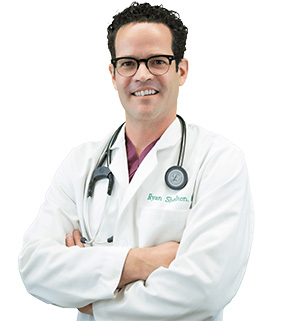People around the world implement a variety of dietary and nutritional plans to achieve and maintain their health and wellness. Often, these choices can vary from one culture and set of traditions to another. Some dietary strategies focus on fats or other trending topics, and as a result, they come and go quickly. Other dietary strategies, such as the vegan diet, have more staying power.
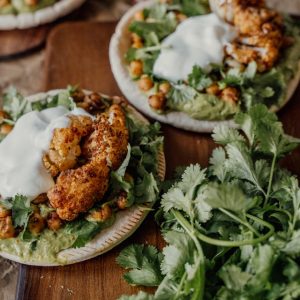
We’re going to talk about the potential benefits and risks of choosing a vegan diet. People choose to be vegan for a variety of reasons such as tradition, culture, ecological reasons, or ethical beliefs. Some people choose to be vegan simply because, based on several studies, it’s good for your overall health.
Vegan Diet Benefits and Risks
My Experience as a Vegan

I personally have experienced being a vegan. 25 years ago, when I was a freshman in university, I went through a personal tragedy that made me want to be a vegan. My grandfather died of a heart attack much too early in his life. I had watched him eat a lot of fried foods and meats, and as an aspiring scientist, my first instinct was to look up dietary research. Sure enough, I found several articles that showed how being a vegetarian or vegan can reduce major risk factors for cardiovascular disease and some types of cancer.
I was only a vegan for one year because as a freshman in college, I found it difficult socially to keep up with. My friends wanted to go out to eat hamburgers and hot wings, so I often found myself on the outside looking in. I chose to gradually reintroduce meat in a responsible way and that choice has stuck to this day. I eat a lot of fruits, vegetables, nuts, seeds, healthy proteins, and healthy fats. When it comes to protein and dairy products, I make smart and ethical choices around what I choose to consume.
Being a Healthy Vegan
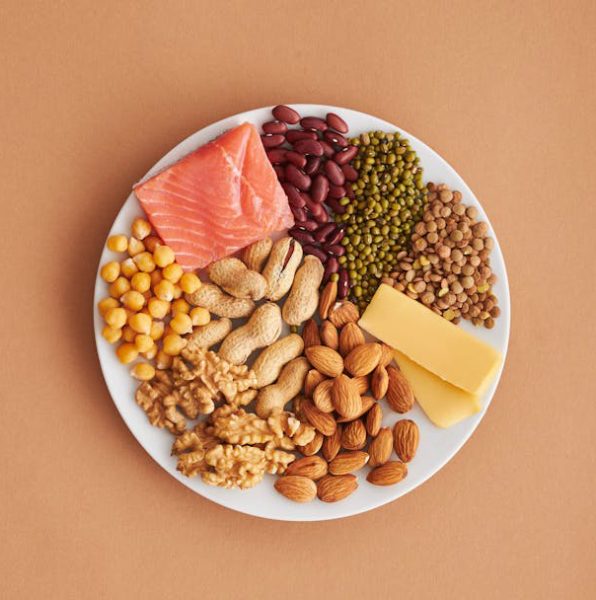
There is a healthy way to be a vegan as well as an unhealthy way. Some people switch to veganism and end up consuming primarily refined carbohydrates, thinking they’re making healthy choices. Unfortunately, that can lead to deficiencies in micronutrients like vitamins and minerals, and macronutrients like essential proteins.
If you’re not mindful of your food choices as a vegan, you may become deficient in calcium, iron, or zinc. It’s important to eat dark leafy greens, nuts, and seeds for calcium and iron. Amino acid deficiencies can be common if you’re not eating enough nuts, seeds, whole grains, beans, and legumes. The vegan diet also does not contain any natural vitamin B12 so it’s recommended that you use a supplement.
Beans and legumes tend to be low in an amino acid called methionine but high in lysine, both of which are essential amino acids. Grains are the opposite though, low in lysine but high in methionine. Therefore, it’s important to get both beans and grains in your diet, which will help you maintain good health on a vegan diet.
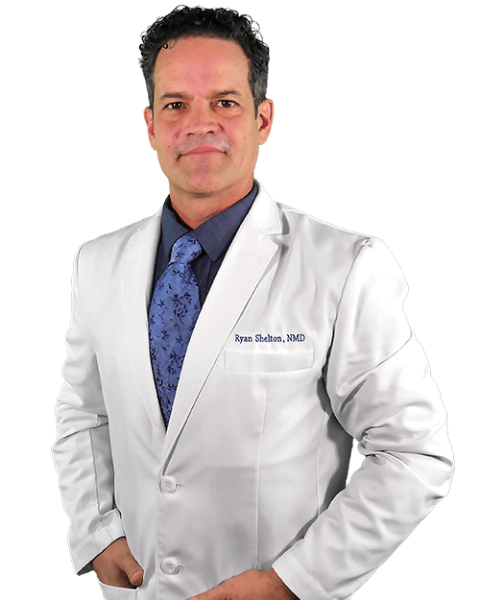 If you liked this video/article, do share it with your friends and loved ones. Subscribe to the Youtube channel for weekly tips on new tools and techniques to improve your health and well-being.
If you liked this video/article, do share it with your friends and loved ones. Subscribe to the Youtube channel for weekly tips on new tools and techniques to improve your health and well-being.
I believe in the original meaning of the word doctor, ‘docere’, which means teacher. I’m here to help educate you on how to take care of yourself in ways that you may not have heard of before, but that are effective. I always want to hear your ideas and feedback so be sure to leave me comments below!

